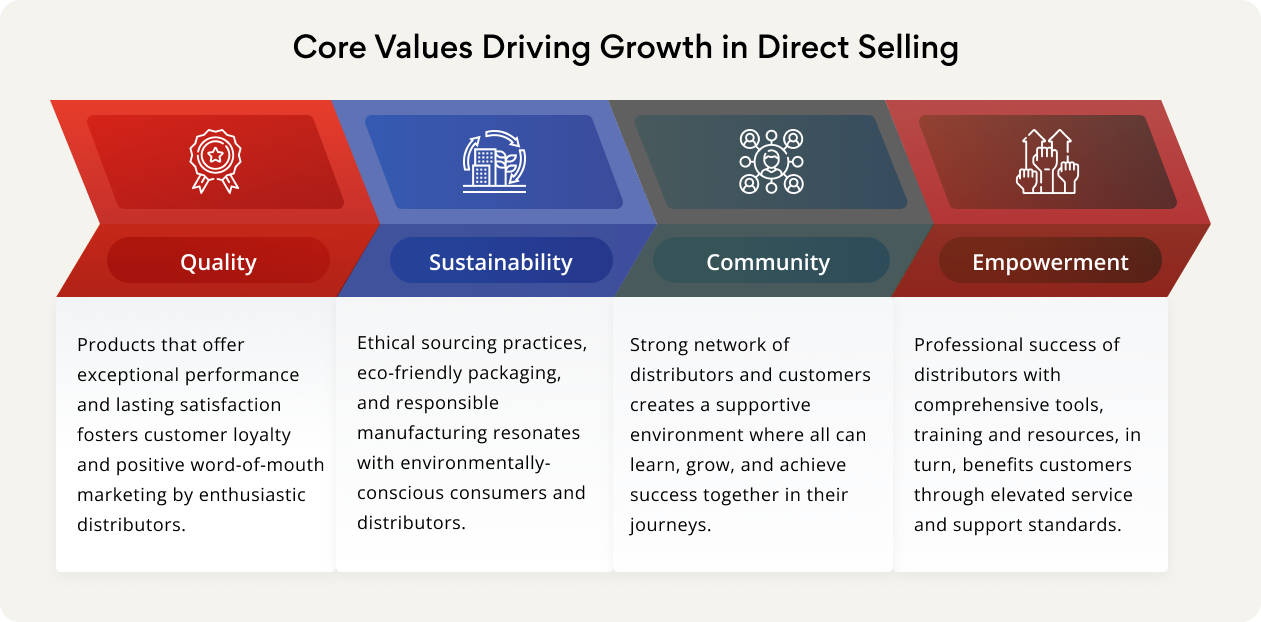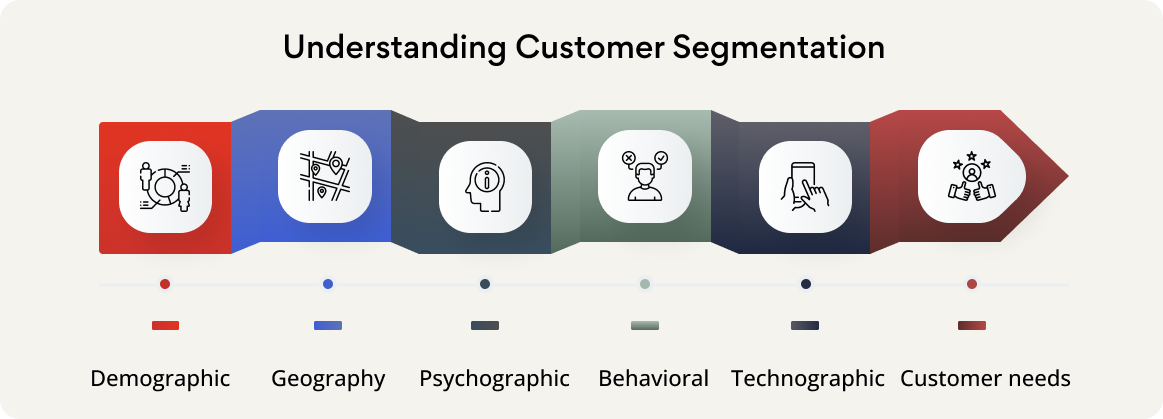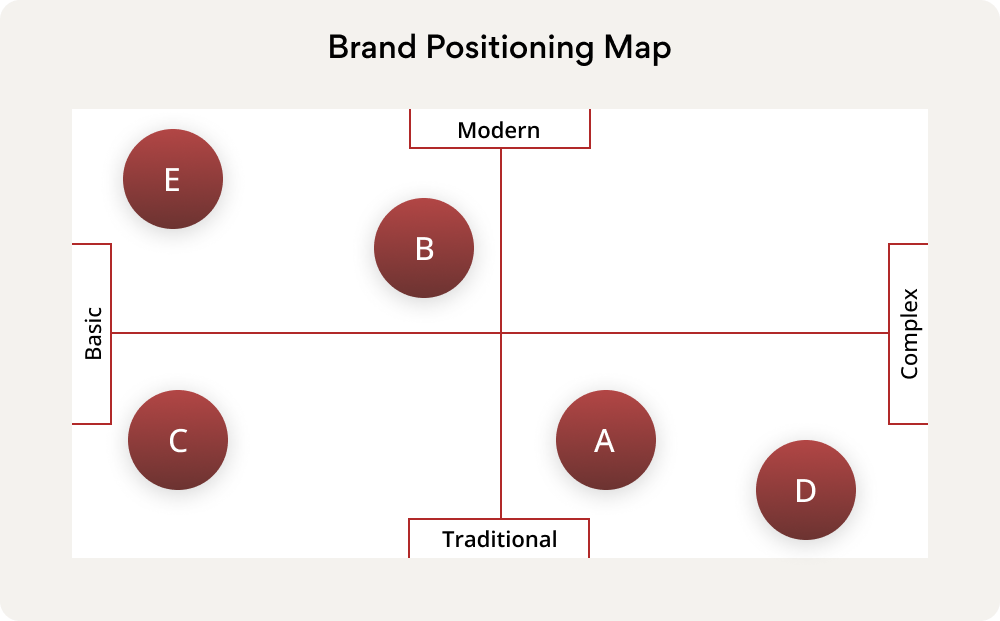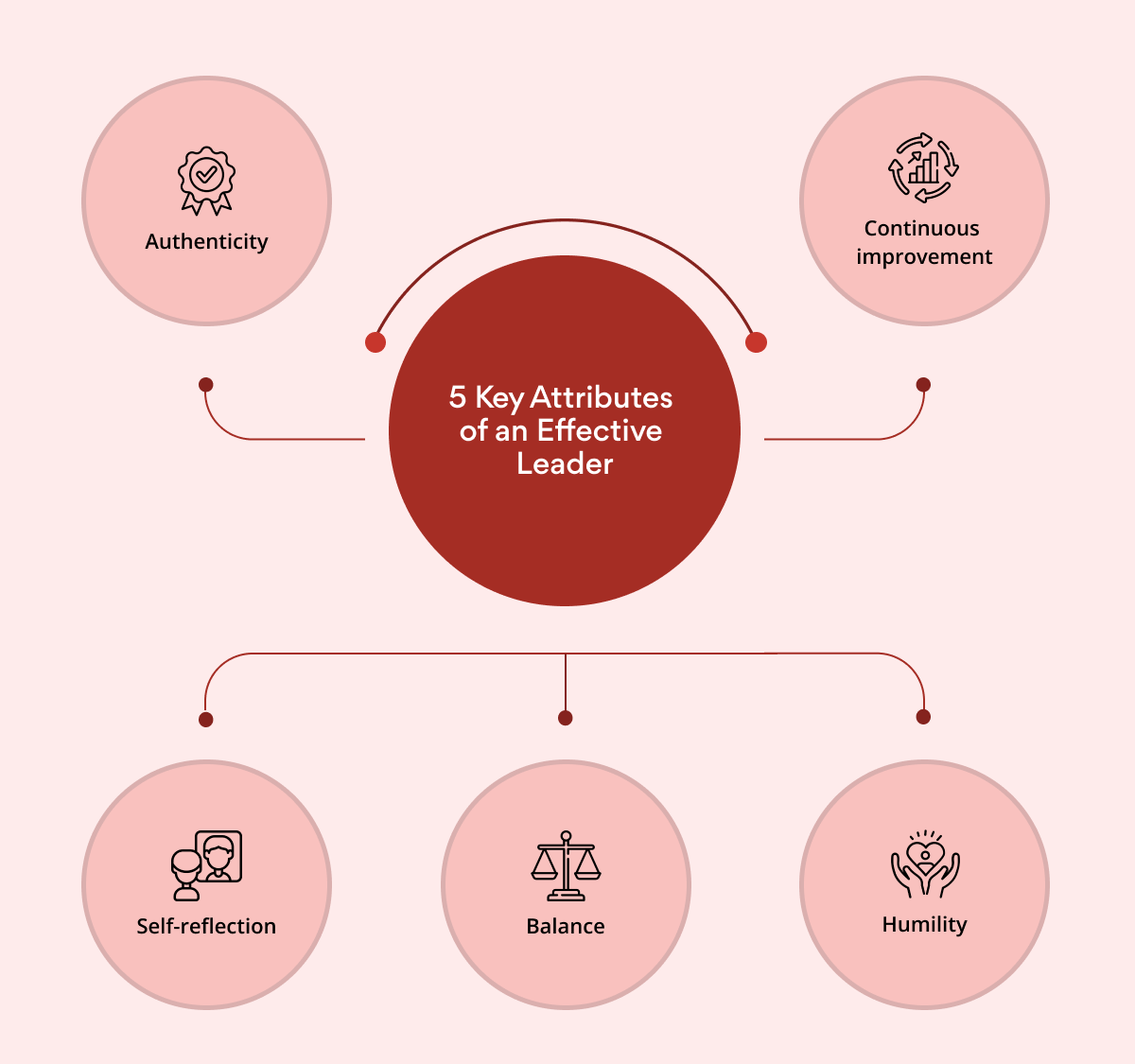From tool-driven to value-driven marketing, the 21st century has witnessed a transformative shift in the way businesses conduct themselves in the global marketplace. To analyze this from a direct selling perspective, we can see that companies nowadays focus more on delivering value to their customers and nurturing distributors with value through quantifiable reports that, in turn, pave the way for constant rethinking, restructuring, and, to an extent, reinventing the marketing strategies.
Mostly, this involves humanizing their brand and establishing meaningful connections with both customers and salesforce directly.
A recent McKinsey study highlights that companies implementing strategies to improve their customer experience saw an average increase of 20% in employee engagement.
These findings draw parallels between marketing strategies, customer-centric approaches, and salesforce efforts. We can clearly see how these coexist with one another, and how their evolving roles cement bridges to network marketing successes.
Foundation of the strategy: Customers, distributors, and the company
A company's core values serve as the anchor that upholds value-driven marketing strategies. These values take up the responsibility to shape how the company interacts with its customers, distributors, and the world at large.
The core values are not just words on a page—they form the fundamental beliefs that guide the entire 360-degree range of business operations. They represent what the company stands for, beyond simply making a profit. Ideally, these values resonate with both customer needs and distributor aspirations, thereby creating a powerful synergy that fuels sustainable growth.

The world's changed so much after the pandemic times, and now businesses have this opportunity to take a step back and reassess their game plans. Though financial success is important, sure, but it's not the be-all and end-all. What really matters now is how companies conduct themselves—being responsible and staying true to their values and purpose.
This calls for the need for software solutions that can help businesses to focus more on value-driven strategies. Here, Epixel brings to the table innovative solutions, customer-centricity, and ethical business practices. The software goes above and beyond by empowering businesses of all sizes to navigate the twists and turns of the market confidently while staying true to their values.
Delivering value to customers
Pushing products without delivering value will not produce significant results or allow your business to sustain in the long run. A global study reveal that, customers are four times more likely to buy from businesses with a strong purpose. This purpose must resonate with their aspirations and expectations they want from businesses.
Forrester's research outlines four key dimensions that impact consumer purchasing decisions:
Economic factors: Pricing and discounts.
Functional attributes: Product features and quality.
Experiential elements: Convenience and emotion.
Symbolic considerations: Values including social and environmental impacts.
The last one stands tall in attracting and retaining customers, especially those belong to Gen Z demographic, who prefer eco-friendly brands and are willing to pay 10% more for sustainable items.
But how to refocus on the strategies that help derive this sense of purpose?
In this context, the role of customer-driven marketing strategy must not be viewed through the lens of passing fad, as it rejects all other hit-and-miss approaches that businesses have ever made use of.
Customer-centricity is a business strategy that puts customers at the front and give importance to enhancing a positive customer experience and building long-term relationships. This, in turn, moulds their purchasing decisions.
A customer-centric statistics show that those companies that prioritize customer satisfaction experience a 60% increase in profitability than that don’t focus on customers. While 73% customers are likely to switch to a competitor if they face multiple bad experiences.
In order to establish a direct link with value-driven customer-centric marketing, the Segmentation, Targeting, and Positioning (STP) model can be put into action:
1. Segmentation
Customer segmentation is the process in which customers are categorized into groups with common or shared characteristics, and these variables may include:
- Who they are?
- What they do?
- What they want?

Identifying, understanding, and segmenting customers into similar groups helps direct selling companies better communicate their products, features, and benefits that may be most relevant to each group.
2. Targeting
The next step is targeting where you get to decide which segments are worth targeting with your marketing. Try to answer this:
- Does this segment have potential customers to target effectively?
- Is each segment measurably different from other segments?
- Would it generate sufficient profits upon conversion?
This approach helps create personalized marketing, improves your product offerings, and keeps customers coming back, no matter where they are in their lifecycle.
3. Positioning
While segmentation and targeting are about customers, positioning is all about viewing your products from customer perspective. Have you addressed the following aspects?
- How do you conduct competitor analysis at this stage?
- What is the process for determining your value proposition?
- How do you effectively communicate your value proposition to customers?
A brand positioning map can lend a hand here. It is a diagram or chart that businesses use to place their products or services into the ‘places’ where they can be most effective in consumers’ eyes. For example,

When businesses prioritize delivering value through their products and services to customers, they will be able to refocus their purpose. This, in turn, boosts brand loyalty, increases customer lifetime value, and ensures they stay top of changing customer needs.
Nurturing value for distributors
When you come across a distributor, you're not shaking hands with an individual—you’re engaging with a whole package of talents they bring to the table. But nurturing value for distributors involves more than just acknowledging their talents—it requires a proactive approach to support their growth, development, and overall success within the organization.
This is the cultural point. For instance, leading a startup can be all about nailing down the business model, finding customers, and fitting your product into the market. But from the get-go, you can’t stand a chance to forget about building the right culture. Think ahead five years and envision the kind of company you want to run, and the values you want your team to live by. Start by asking:
- Is your team well-trained to suit your company’s ethos?
- How do you integrate new distributors into your company's values?
- How do you encourage open communication and feedback among team members to foster a collaborative culture?
A company’s culture defines the ‘personality’ of an organization and when the values are shared and practiced, it redefines the possibilities to stand tall among the top 100 direct selling brands across the world.
As rightly put by Harvey S. Firestone, "Growth and development of people is the highest calling of leadership."
Ever noticed what keeps distributors on their toes? It's those chances to grow and improve. And of course, they need the right tools to make it happen—helping them excel and give their best shot. A quick sneak peek, and that’s all it takes:
1. Training
Gallup’s survey found that companies see 17% more productivity and 21% more profitability when they offer training to engaged employees.
Investment in value begins with training distributors right from the start. Once you’ve got to know their interests, skills, and also their anxieties with a brief distributor onboarding process, then aim for personalized training.
Before designing their direct sales training modules, keep in mind to incorporate their personal interests. Then, break down objectives into, smaller achievable milestones. This approach ensures engaged learning and empowers team members to excel in their roles.
It’s always wiser to rely on distributor training tools such as:
Data-driven tools
Gamified training modules
Social selling tools
Sales tools
The culture within a network marketing organization influences almost everything it does. Successful businesses rely on the efforts of individual distributors, so providing them with timely and relevant training ensures that each team member feels valued as an integral part of the company.
2. Empowering
Empower distributors at all levels to contribute to value creation initiatives within their roles. Communication is the champion here. Each distributor has their own language, skills, and culture. So, vote for one-to-one communication rather than team-wide basis. Keep everyone in loop through:
Optimized communication channels
Collaboration tools
Multi-language support platforms
Brand communities and support forums
A value-driven direct selling ecosystem will be complete only when distributors can seamlessly comprehend the complex legal framework. Keeping distributors informed and updated on compliance policies such as GDPR, DSA code of ethics, FTC mandates, etc., is crucial to prevent legal and monetary penalties.
3. Incentivizing
Incentives become a reason to stay, especially for the millennial generation. Apart from offering competitive compensation plans that reward sales performance, incentivizing individual distributor for their value-driven actions such as team building efforts, generating high-quality leads, etc., serve as a powerful motivator.
Recognizing the salesforce for their wins and rewarding them for their loyalty keeps them engaged throughout their direct sales journey. A recent finding supports this case;
Properly structured incentive programs can increase employee performance by as much as 44%.
If a company aims to clearly articulate the value it provides distributors, then incentives become one of the crucial through-line for effective marketing, sales, support, and even product development. So, recognize and reward top performers who embody company values and demonstrate success in promoting value to customers.
Next time, remember to give a big round of applause for your team's success by:
Highlighting top achievers on organizational dashboard.
Using creative leaderboards to showcase accomplishments.
Conveying regards for special occasions and personal milestones.
Fostering camaraderie with team building activities.
Keeping everyone informed with live activity feeds.
When distributors feel valued and see a clear path toward their personal as well as professional development, they become unstoppable forces of productivity, collaboration, and innovation. Direct selling companies that actively show distributors that growth opportunities are within their hand’s reach can more likely build a leadership-minded workforce.
Find out from our customers how our solutions give MLM businesses an edge and exceed customer expectations
Leading with value
Values are vehicles to propel a company’s success. However, leadership’s action is the fuel that moves the company forward.

Antonio Argibay
Values-driven leadership brings everyone on the same page—a sense of teamwork among distributors. When team members see their leader sharing their beliefs, they will naturally follow instructions, thereby increasing the chances of hitting targets. Engagement, performance, and retention comes together when true leaders lead the way. Just a quick fact, values-based leaders are the ones with those special qualities that makes them stand out.
According to the latest issue of Forbes, leaders are characterized by five standout attributes:

Self-reflection: Leaders embrace open feedback to address blind spots effectively.
Balance: They look at situations from diverse perspectives while upholding core values in decision-making.
Humility: Humble leaders believe that every employee holds just as much value to the company as they do and take necessary steps to ensure team upliftment.
Authenticity: They lead with honesty, transparency, and consistency, integrating core values of the organization into their communication.
Continuous improvement: They commit to honest feedback, lifelong learning, and ongoing improvement.
The key takeaway? Shared values drive big wins for organizations.
Leaders nurture a cultural environment where team members are willing to invest more time, skills, and energy toward common goals. They place their team’s needs before their own. In such an ecosystem, communication gets a serious upgrade, relationships get a major boost, and performance goes through the roof.
Future of value creation
The core values that define your direct selling company should be authentic and deeply ingrained in the company culture. Before you move forward to make important business decisions, try to answer these questions first,
- What qualities do you want your brand to be known for?
- What makes your company unique in the marketplace?
- How can your values address customer needs and aspirations?
- How do your distributors embody the company's vision and mission?
By carefully considering these questions, you can develop a set of core values that form the foundation of a value-driven marketing strategy for your direct selling ecosystem.
To round things off...
The future of value creation in direct selling is all about empowering your distributors, sharing your brand’s story by delivering high-quality products and services, and fostering robust bonds with your customers. When you continuously stick to your company’s principles, then trust builds gradually over time.
Alright now, you're all set to transform your direct selling platform into an ecosystem and truly make your mark in the market.









Leave your comment
Fill up and remark your valuable comment.